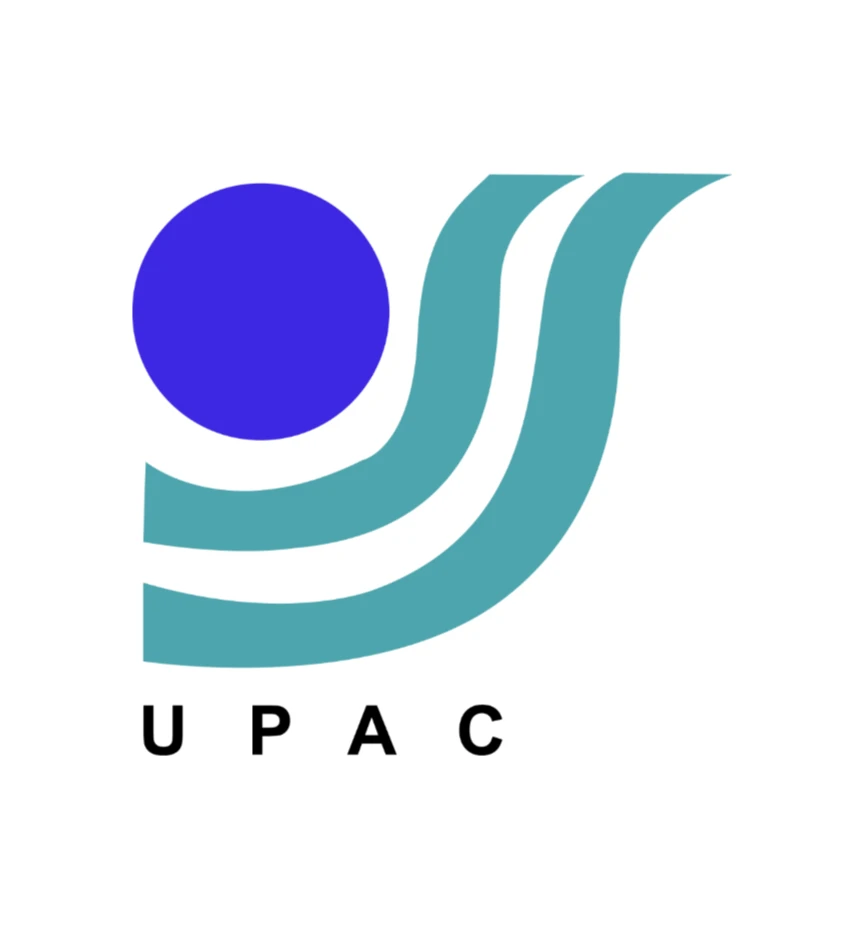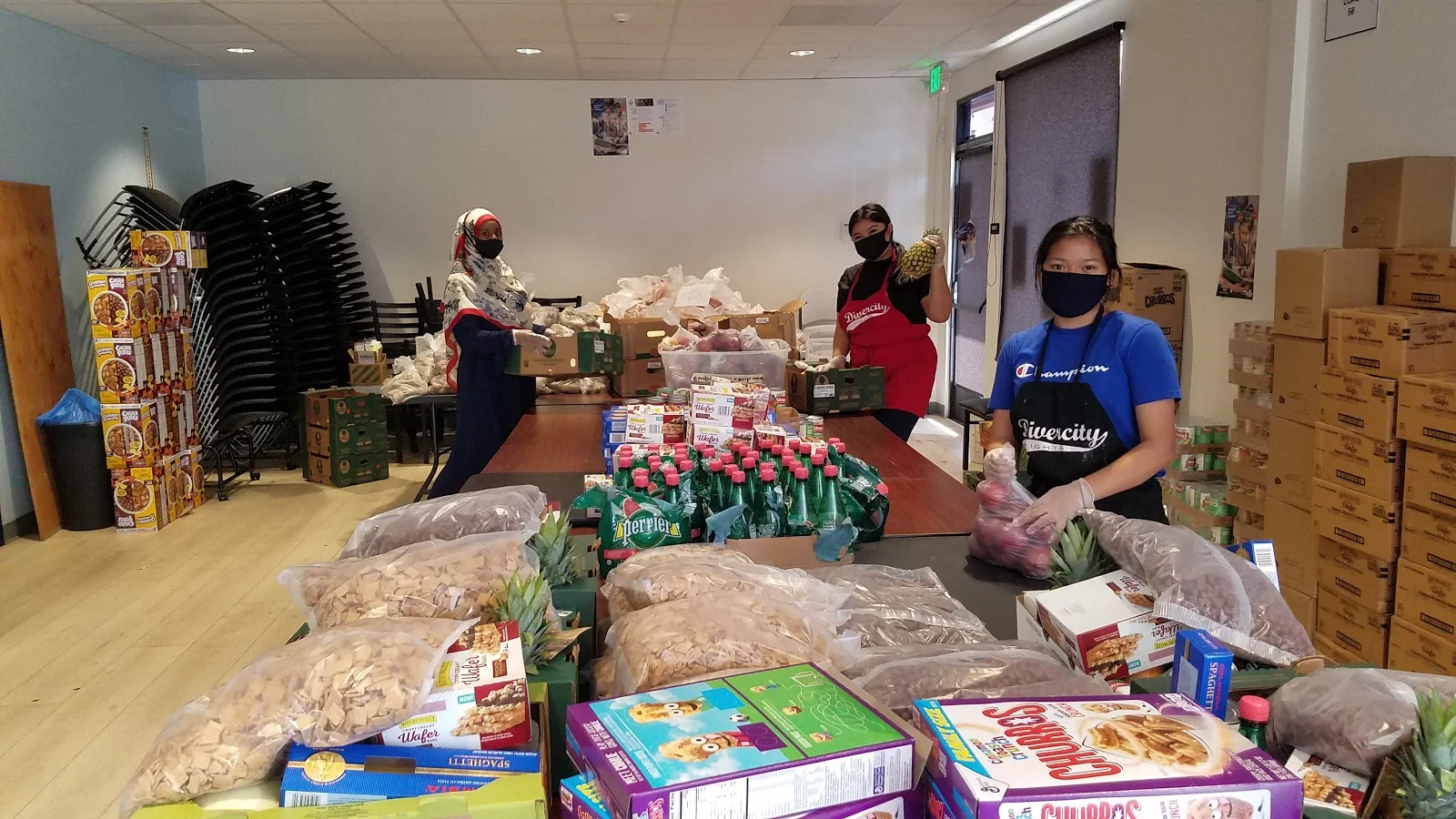Union of Pan Asian Communities Information
Treatment
Who We Treat
- Children
- Teens / Adolescents
- Young Adults (18–25)
- Adults
- Seniors/Older Adults
- Older Adults
- Adolescents
- Male and Female
Treatment Focus
- Drug Addiction
- Licensed Primary Mental Health
Approaches
- Personalized Treatment
- Evidence-Based
- Family Involvement
- Couples Counseling
- Family Therapy
- Trauma Informed
- Cognitive Behavioral Therapy (CBT)
- 1-on-1 Counseling
- Art Therapy
- Play Therapy
- Online Therapy
- Life Skills Training
Conditions We Treat
- Depression
- Anxiety
- Bipolar Disorder
- Post Traumatic Stress Disorder (PTSD)
- Trauma
- Anger
- Bipolar
- Gambling
- Co-Occurring Disorders
Substances We Treat
- Alcohol
Languages
- Korean
- Japanese
- Mandarin
- Chinese
- English
- Hawaiian-Polynesian
- Spanish
- Thai
- Vietnamese
Aftercare
- Discharge Planning
- Relapse Prevention Planning
- Outpatient Treatment
- Employment Counseling
- Housing Services
- Continuing Care
- Employment/Vocational Counseling
- Housing Support
- Support Meetings
Level of Care
- Outpatient
- Co-Occurring Mental Health
- Aftercare/Continuing Care
Experience
On-Site Amenities
- Lounge
- Air-Conditioned Rooms
- Recreation Room
On-Site Activities
- Games
- Movies
- Alternative Support Meetings
Off-Site Activities
- Adventure Outings
Smoking and Vaping Policy
- Smoking Allowed in Designated Areas
- Vaping Allowed in Designated Areas
Additional Locations
Union of Pan Asian Communities Accepts The Following Insurance Plans
Find the best treatment options. Call our free and confidential helpline today!










